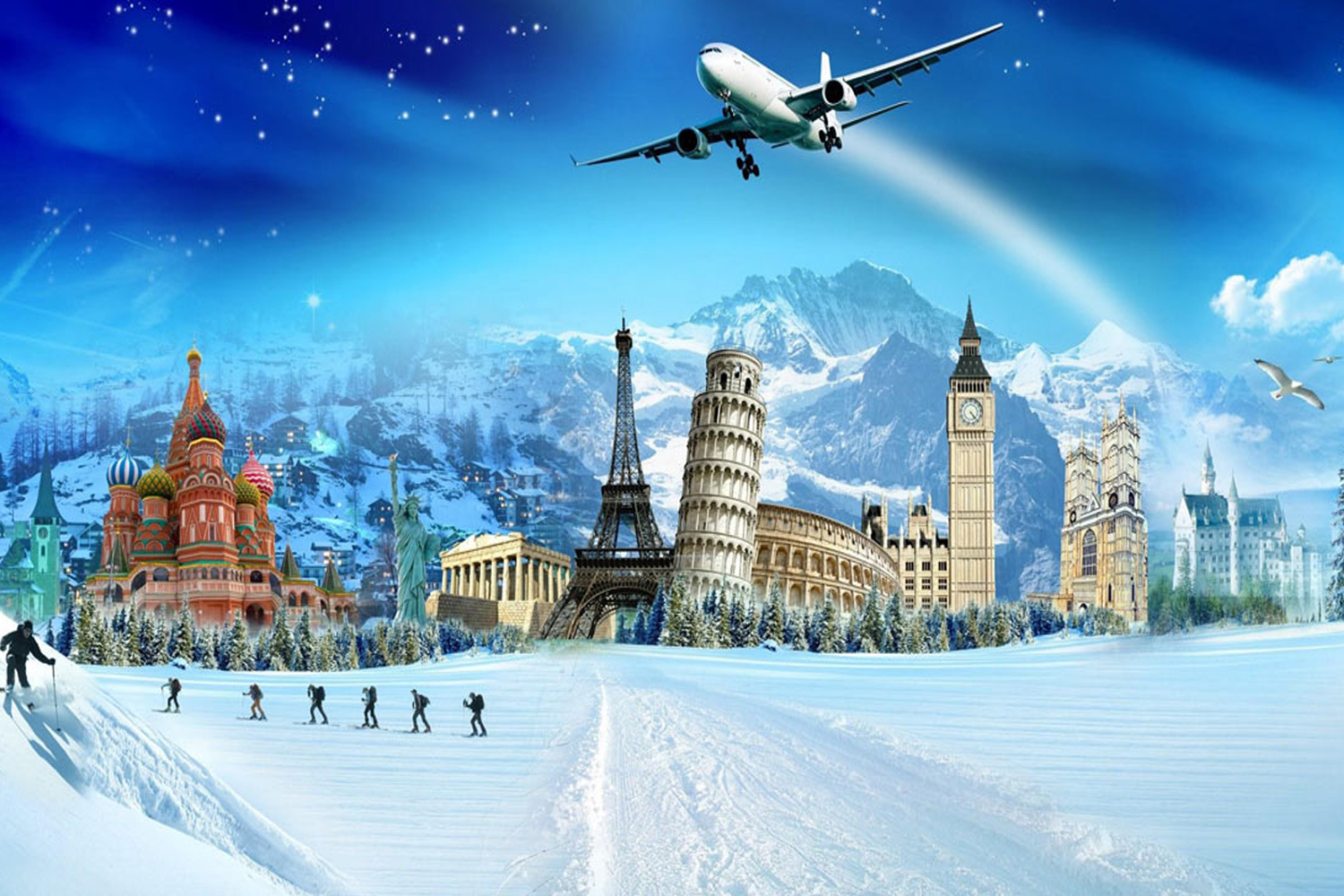When people think of travel, they often picture breathtaking landscapes, iconic landmarks, or exotic foods. Yet, behind every memorable journey lies the hospitality and tourism industry, a service sector that combines warmth, efficiency, and cultural richness to create unforgettable experiences. More than just hotels, flights, and guided tours, hospitality and tourism represent the art of welcoming people, offering them comfort, and connecting them with places and cultures in meaningful ways.
This sector is one of the largest employers in the world and a vital contributor to many national economies. At its heart, it is about people serving people, blending professionalism with human connection.
The Essence of Hospitality
Hospitality, in its simplest form, is the act of making guests feel welcome, comfortable, and cared for. It stretches across hotels, restaurants, resorts, event management, and even personal services like spas and wellness centers. While infrastructure and technology are important, what makes hospitality unique is its human touch.
From the smile of a receptionist greeting weary travelers to the chef preparing a personalized meal for a guest with dietary restrictions, hospitality thrives on empathy and attention to detail. This emotional connection often transforms a simple service into a memorable experience.
Tourism: Exploring the World
Tourism is the movement of people to destinations outside their usual environment, often for leisure, adventure, culture, or business. It is one of the fastest-growing industries globally, contributing trillions of dollars annually.
There are many forms of tourism:
- Leisure Tourism: Vacations, beach holidays, and sightseeing trips.
- Cultural Tourism: Exploring heritage sites, museums, and local traditions.
- Adventure Tourism: Activities like trekking, skiing, scuba diving, or safari tours.
- Eco-Tourism: Travel that emphasizes environmental responsibility and sustainability.
- Business Tourism: Travel for conferences, meetings, or corporate events.
- Medical Tourism: Visiting destinations for healthcare treatments and wellness programs.
Each form of tourism creates unique opportunities for destinations while showcasing the richness of cultures and natural environments.
The Interconnection of Hospitality & Tourism
While tourism inspires people to travel, hospitality ensures that their experience is enjoyable and seamless. A tourist visiting Paris might be drawn by the Eiffel Tower, but the comfort of a welcoming hotel, a knowledgeable tour guide, and a fine dining experience complete the journey. Similarly, a family visiting a wildlife sanctuary in Africa relies on hospitality providers to ensure safety, accommodation, and curated experiences.
In essence, tourism provides the “why” for travel, while hospitality provides the “how.” Together, they shape the traveler’s overall perception of a destination.

Economic Impact of Hospitality & Tourism
The industry is a powerhouse for economic development. It generates income, creates jobs, and stimulates related sectors like transportation, retail, and entertainment. For many countries—especially island nations or heritage-rich regions—tourism is a lifeline.
For example, destinations like the Maldives, Bali, and Dubai rely heavily on hospitality and tourism for GDP growth. International events such as the Olympics, World Expos, or cultural festivals also boost economies by drawing global visitors.
Beyond direct revenue, the industry has a multiplier effect. A thriving tourism sector supports local artisans, farmers, entertainers, and service providers, distributing economic benefits widely.
Challenges in Hospitality & Tourism
- Seasonality: Many destinations depend on peak tourist seasons, leading to fluctuations in revenue and employment.
- Competition: The globalized nature of tourism means destinations and hospitality providers must constantly innovate to stand out.
- Sustainability: Over-tourism can harm the environment, deplete resources, and strain local communities.
- Economic Instability: Recessions and financial crises often discourage travel spending.
- Global Health Crises: The COVID-19 pandemic highlighted the vulnerability of the sector, with border closures and reduced travel causing massive disruptions.
- Cultural Sensitivity: Balancing tourism growth with the preservation of local traditions and respect for host communities is a constant concern.
The Importance of Sustainable Tourism
Sustainability has become a central theme in modern tourism. Travelers are increasingly conscious of their environmental and social impact, pushing businesses to adopt greener practices.
- Eco-friendly Hotels: Using renewable energy, reducing plastic waste, and supporting local supply chains.
- Responsible Tourism: Encouraging travelers to respect local cultures, wildlife, and heritage.
- Community Tourism: Involving local communities in tourism activities, ensuring they benefit directly.
- Carbon Neutral Travel: Airlines and tour companies offering carbon offset programs.
Human Touch in a Global Industry
While technology enhances efficiency, the hospitality and tourism industry remains deeply human at its core. Travelers may forget the exact room dimensions of a hotel, but they will always remember how they were treated by the staff. A kind gesture, personalized service, or an empathetic response to a problem can turn a guest into a loyal advocate.
Training, cultural awareness, and emotional intelligence are therefore as important as technical skills in this industry. The ability to create experiences that are not only enjoyable but also respectful and meaningful sets apart the best in hospitality.
The Future of Hospitality & Tourism
The industry’s future looks both exciting and challenging. As the world becomes more interconnected, the desire to explore new destinations will only grow. Some trends shaping the future include:
- Experiential Travel: Tourists seeking immersive, authentic cultural experiences rather than generic sightseeing.
- Wellness Tourism: Growth of spas, yoga retreats, and health-oriented travel.
- Smart Tourism: Integration of technology into every step of the travel experience.
- Space Tourism: Though still in its infancy, companies like SpaceX and Blue Origin are redefining the limits of travel.
- Personalization: Customized itineraries based on traveler preferences and data analytics.
- Resilient Tourism: Preparing for crises like pandemics or climate-related disruptions with flexible policies and adaptive infrastructure.
Conclusion
Hospitality and tourism are about more than travel—they are about experiences, human connections, and cultural exchange. They fuel economies, create jobs, and bring the world closer together. While challenges like over-tourism, sustainability, and global disruptions persist, the industry continues to evolve with resilience and innovation.
At its best, hospitality makes guests feel valued, while tourism inspires them to see the world differently. Together, they form a service sector that doesn’t just move people—it moves hearts, minds, and communities.
In the end, the most successful journeys are not just measured in miles travelled but in the memories created, the people met, and the experiences shared. That is the true power of hospitality and tourism.












